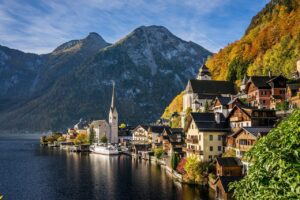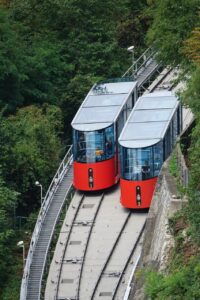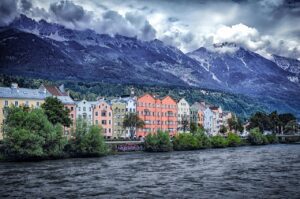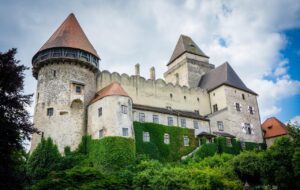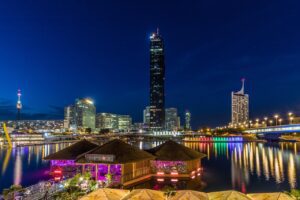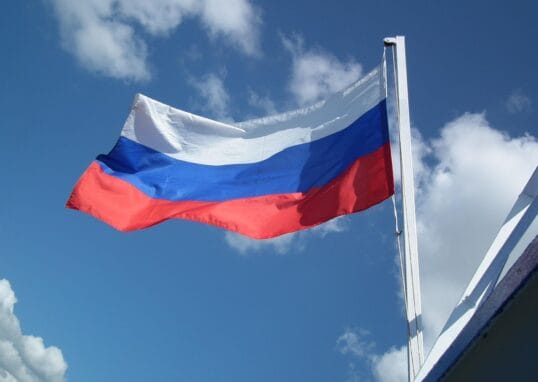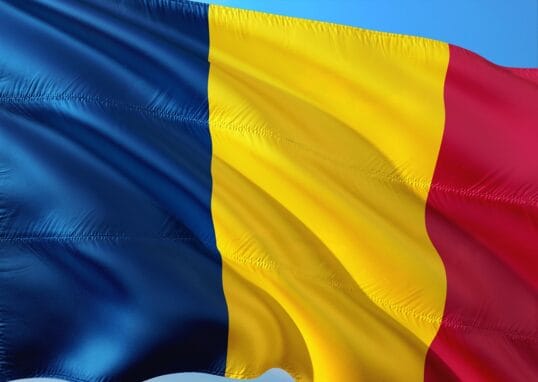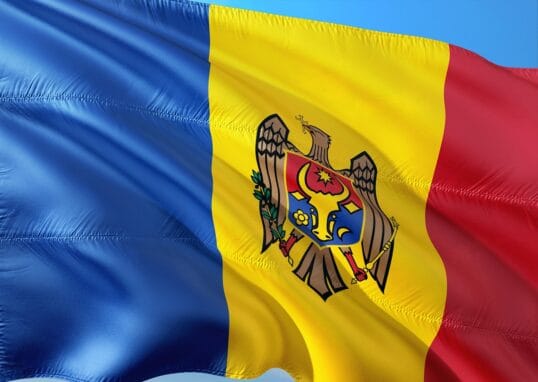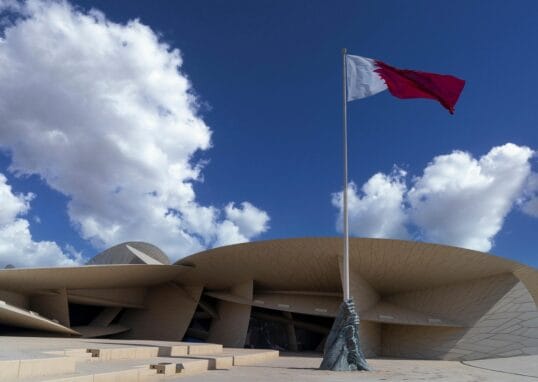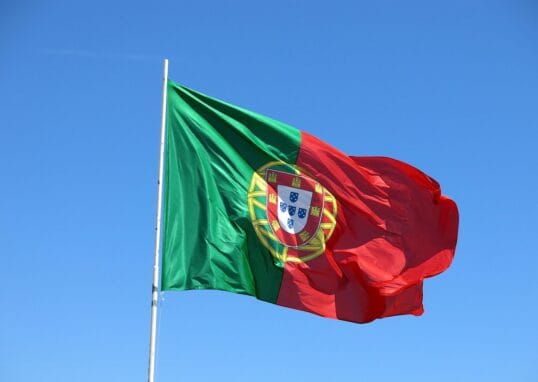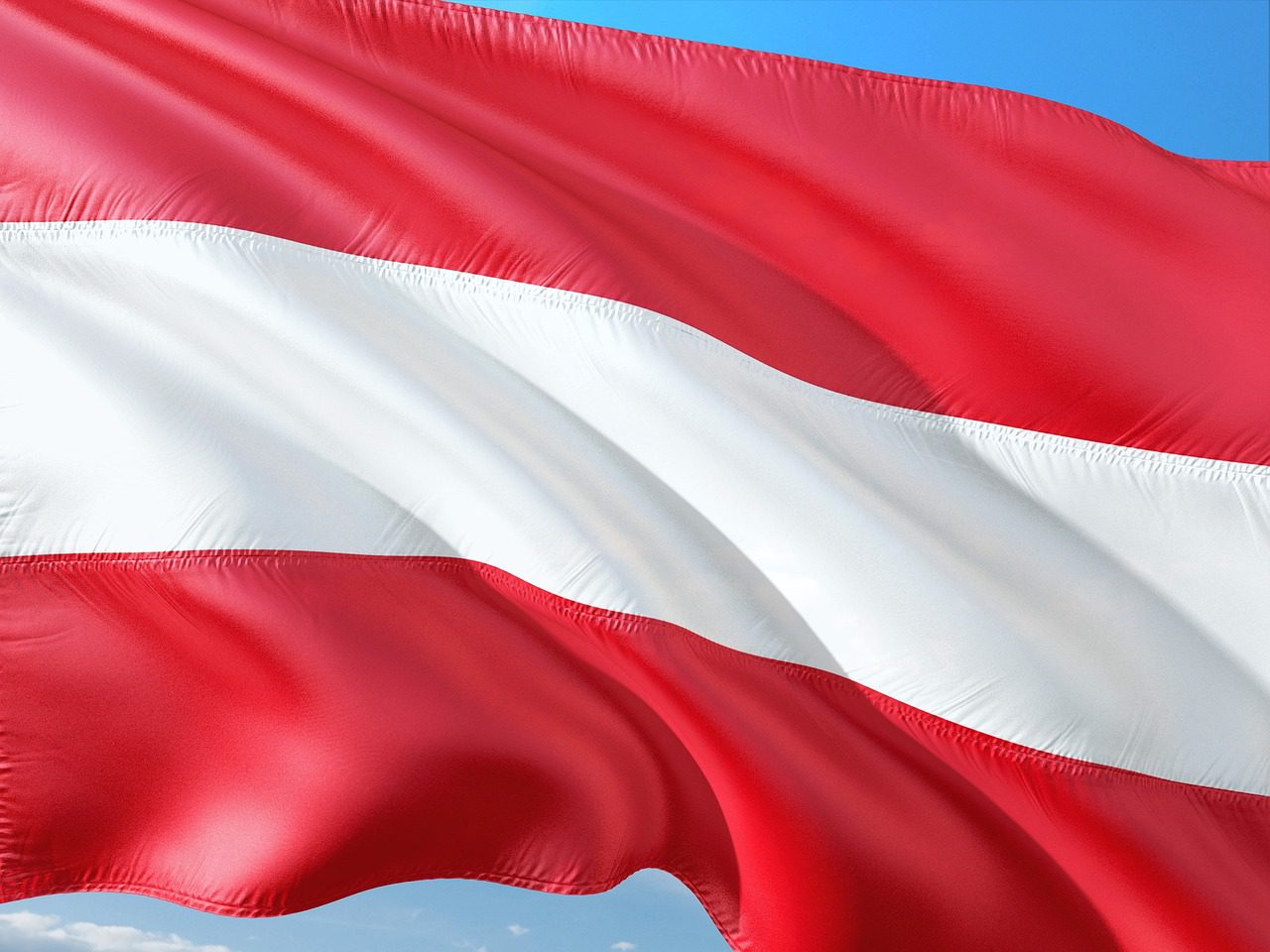
Austria: A Complete Guide to the Heart of Europe
Austria is a beautiful country that is situated in the heart of Europe. It is well known for its mountains, lakes, music, history, and culture. The country has a long history that has had an impact on the majority of European history. Austria is also well known for its classical music, grand palaces, ski resorts, and friendly cities. The capital of Austria is Vienna, a cultural and artistic city. Salzburg, Innsbruck, and Graz are other important cities. Austria is surrounded by many countries such as Germany, Italy, Switzerland, Hungary, and the Czech Republic. Austria is therefore an important connection between Eastern and Western Europe. In this article, we will outline Austria in detail. We will outline its history, culture, food, landscapes, and cities. We will also talk about locations around it that make Austria an even richer place for tourists.
Geography of Austria
Austria is a landlocked country. This means that it does not have an ocean or sea surrounding it. Instead, it is surrounded by mountains, valleys, and rivers. The Alps cover the country. The Alps are high mountains with snowy summits and beautiful slopes. One of the longest rivers in Europe, the Danube River, flows through Austria. The Austrian lakes and valleys are also extremely beautiful. Four seasons occur in Austria. Winters are cold, especially in the mountains, and summers are warm and cozy. Spring and autumn provide wonderful scenery.
History of Austria
Ancient Times
Austria was first occupied by Celtic tribes. The Romans later established cities and roads in the region. Remains of the Roman ruins can be found in some places even today.
Middle Ages
In the Middle Ages, Austria belonged to the Holy Roman Empire. Austria was ruled by the Habsburg dynasty for centuries. They converted Vienna into a great city of science, art, and music.
Modern History
Austria was an important part of European history. After World War I, the Austro-Hungarian Empire broke down, and Austria was turned into a republic. After World War II, the country was rebuilt and turned into a modern nation. Today, Austria is renowned for peace, prosperity, and culture. Austria is a member of the European Union and is a popular tourist destination.
Culture of Austria
Music
Austria is the land of music. Great musicians like Mozart, Beethoven, Haydn, and Schubert worked there. Vienna is called the “City of Music.” There are concerts, operas, and festivals throughout the year.
Art and Architecture
Austria is rich in beautiful buildings. Palaces like Schönbrunn Palace and Hofburg Palace in Vienna show royal life. Baroque churches, Gothic cathedrals, and modern museums are there all around the country.
Festivals
Austrian festivals are colorful and lively. Salzburg Festival is famous for opera, and theatre. Vienna’s New Year’s Concert is viewed worldwide. Classical folk festivals involving costumes, dance, and music are also common.
Language and People
The official language of Austria is German. However, everyone speaks English as well, especially in cities. Austrians are friendly and very proud of their tradition.
Food in Austria
Austrian food is tasty and filling. It is influenced by German, Hungarian, and Italian cuisines. Some popular dishes are:
- Wiener Schnitzel: chicken or veal cutlet breaded and fried. Tafelspitz: beef boiled with vegetables and sauces. Apfelstrudel: apple pastry dessert.
- Sachertorte: chocolate cake filled with apricot jam. Coffee culture in Austria is also highly popular. Old Viennese coffeehouses are where people would like to hang around, read, or meet friends.
Tourism in Austria
Tourism is quite important for Austria. Tourists number in the millions every year.
Winter Tourism
Austria is one of the best ski resorts globally. Kitzbühel, St. Anton, and Innsbruck are just a few of the most visited and best-known resorts for skiers and snowboarders. The Alps offer great slopes, cozy lodges, and breathtaking views.
Summer Tourism
In summer, travelers enjoy trekking, biking, and swimming in lakes. The Austrian countryside is heavily covered with green valleys, vineyards, and small villages. Danube River is suitable for cruising.
City Tourism
Vienna, Salzburg, and Graz are historic and culturally rich cities. Palaces, museums, theaters, and bazaars are worth visiting spots for travelers.
Major Cities and Attractions in Austria
Austria is a breathtaking country in the heart of Europe. It is renowned for its mountains, lakes, castles, and history. The country is small but exceptionally rich in beauty. Tourists come here for music, art, food, and scenery. What we have to talk about here is the capital cities of Austria and what they provide. The city has some history, attractions, and culture of its own.
Vienna – The Capital City
Vienna is the capital of Austria. It is also the largest city in Austria. Vienna is famous for imperial palaces, its music heritage, and museums. Vienna is also referred to as the “City of Music.”
Main Attractions in Vienna
- Schönbrunn Palace : The palace was the Habsburg emperors’ residence. It contains 1,441 rooms, magnificent gardens, fountains, and statues. The palace is a UNESCO World Heritage Site as well.
- St. Stephen’s Cathedral (Stephansdom): This is a symbol of Vienna. It has a tall spire that is seen even from a distance. Gothic style and roofing with tiles in many colors are characteristic. Visitors climb to the tower to see city views.
- Hofburg Palace : This palace complex comprises museums, chapels, and the Austrian National Library. It was the winter palace of the Habsburg dynasty. Currently, it is the office of the Austrian president.
- Vienna State Opera: Music and opera are at the heart of Vienna. The State Opera is one of the best on the globe. Famous composers like Mozart and Beethoven lived here.
- Belvedere Palace: This palace is Baroque and has wonderful gardens and art works on display. One of the world’s most famous paintings, Gustav Klimt’s The Kiss, is located here.
Why Visit Vienna?
Vienna possesses history, music, and food. You can savor coffee in traditional cafés, have concerts, and explore museums.
Salzburg – The City of Mozart
Salzburg lies by the Alps, close to the German frontier. It is famous for music, culture, and natural beauty. It is the birthplace of Wolfgang Amadeus Mozart.
Main Attractions in Salzburg
- Hohensalzburg Fortress: This castle is situated on a hill above the city. It is among the biggest medieval castles in Europe. Visitors may tour museums and enjoy mountain views.
- Mozart’s Birthplace and Residence: Salzburg is proud of its giant son, Mozart. He was born here, where nowadays there is a museum. Visitors are able to see original instruments and family belongings.
- Mirabell Palace and Gardens: This palace is well-known for its statues and gardens. The gardens were used in The Sound of Music movie.
- Salzburg Cathedral: An eye-catching Baroque church in the Old Town. One of Austria’s most important religious structures.
- Old Town (Altstadt): The Old Town is crowded with small streets, boutiques, and squares. It is a UNESCO World Heritage area.
Why Visit Salzburg?
Salzburg is a city of music, with festivals and concerts all year round. Its walkable streets and mountainous location make it one of the most popular tourist cities in Austria.
Innsbruck – The Mountain City
Innsbruck is the Tyrolean capital, lying deep in the heart of the Alps. It is famous for winter sports, mountains, and medieval heritage. Innsbruck has hosted the Winter Olympics twice.
Main Attractions in Innsbruck
- Golden Roof (Goldenes Dachl): This monument boasts a golden-tiled roof with 2,657 tiles. It was built for Emperor Maximilian I.
- Innsbruck Old Town: The Old Town is small but lovely. It consists of colorful buildings, shops, and cafes.
- Nordkette Mountain Range: Tourists can take a cable car from the city to Nordkette’s summit. There, you can view the Alps and the city below.
- Ambras Castle: This Renaissance castle has art collections, weapons, and treasures. The gardens are peaceful and lovely.
- Bergisel Ski Jump: An elegant sports center with beautiful views. One can watch ski jump competitions or go to the viewing platform.
Why Visit Innsbruck?
Innsbruck is a combination of culture and nature. It is perfect for skiing in winter and mountain trekking in summer. The city has history, castles, and Alpine beauty.
Graz – The Student City
Graz is Austria’s second-largest city. It is known for its universities, culture, and Mediterranean climate. Graz features a lively old town and modern architecture.
Main Attractions in Graz
- Schlossberg Hill and Clock Tower: One of the symbols of Graz is the Clock Tower. Individuals can walk up the hill or ride a funicular railway. Scenic views above the city are breathtaking.
- Old Town (Altstadt von Graz): Old Town is a UNESCO World Heritage Site. There are red-tiled houses, Baroque houses, and alleys.
- Murinsel (Mur River Island): A floating island café with modern style. It connects the two river sides.
- Kunsthaus Graz (Art House): The modern art museum is referred to as the “Friendly Alien” because it is bizarre in shape.
- Eggenberg Palace: A Baroque palace, museums, and gardens. Another UNESCO World Heritage Site in Graz.
Why Visit Graz?
Graz has a young and innovative atmosphere. It marries old tradition with modern architecture. The food also is wonderful, with lots of local markets and cuisine.
Linz – The Cultural City
Linz is a river city along the Danube River. It has transformed from an industrial city to a cultural city. It is renowned for art, technology, and festivals.
Main Attractions in Linz
- Ars Electronica Center: A museum of technology and digital art museum. Visitors can observe exhibitions on robots, artificial intelligence, and future science.
- Lentos Art Museum: Collections of modern art and night-lit glass façade comprise this museum.
- Pöstlingberg Hill : A basilica pilgrimage site. Top view of Linz is excellent.
- Old Cathedral and New Cathedral: They are both great churches, both with excellent architecture and history.
- Danube Promenade: The river promenade is a nice place to walk, relax, or boat.
Why Visit Linz?
Linz is a city of innovation. It joins the past with modern art and science. Tourists have festivals, concerts, and exhibitions to enjoy.
Klagenfurt – Gateway to Lakes
Klagenfurt is in south Austria, close to Slovenia. It is known for lakes and a warm weather.
Main Attractions in Klagenfurt
- Wörthersee Lake : One of Austria’s most renowned lakes. Swimmers, boaters, and sunbathers enjoy it.
- Minimundus : A park filled with miniature replicas of world-renowned buildings. Fun for both kids and adults.
- Old Town : The Old Town contains Renaissance houses, courtyards, and squares.
- Lindwurm Fountain : A fountain with a dragon statue, representing the city.
Why Visit Klagenfurt?
Klagenfurt offers relaxation by the lake and a mix of history and leisure. It is a favorite summer destination for Austrians.
Bregenz – The City by the Lake
Bregenz is situated on Lake Constance, on the borders of Germany and Switzerland. It is famous for its lake views and its festivals.
Main Attractions in Bregenz
- Lake Constance (Bodensee): The lake is large and one that is shared with Switzerland and Germany. Visitors can go on a boat tour or swim.
- Bregenz Festival (Bregenzer Festspiele) : There is a summer music festival. The stage is built on the lake, which is why it is one of the most strange opera stages in the world.
- Pfänder Mountain: It is possible to travel in a cable car up to the mountain to see the lake and Alps.
- Kunsthaus Bregenz: A modern art museum with changing exhibitions.
Why Visit Bregenz?
Bregenz is a blend of nature, art, and culture. It is peaceful but lively when in the mood for festivals.
Other Notable Cities and Towns
- Hallstatt – A small village famous for its salt mines and lake. One of the most photographed areas of Austria.
- Villach – Famous for its carnival, thermal spas, and mountains.
- Krems an der Donau – A historic town in the Wachau Valley, famous for vineyards and medieval streets. Austria is full of cities mixing history, culture, and nature.
Vienna has imperial touch. Salzburg brings music and mountain scenery. Innsbruck offers snow sports. Graz shows creativity. Linz mixes technology and art. Klagenfurt and Bregenz offer lake heaven. Towns such as Hallstatt bring magic. Every city is special. Taken together, they make Austria a fine destination.
Natural Beauty of Austria
- The Alps: Austrian Alps are the pride of the country. Winter offers skiing and summer offers trekking. The mountain villages are traditional and picturesque.
- Lakes: Austria boasts many beautiful lakes such as Wolfgangsee, Hallstätter See, and Wörthersee. These lakes are famous for swimming, boating, and leisure.
- Danube River : The Danube River flows through Austria and connects many cities. Cruises on the Danube are highly sought after. The Wachau Valley along the river is dotted with vineyards and castles.
Surrounding Places near Austria
Austria is surrounded by many interesting countries. Travelers can easily visit nearby destinations.
Germany
Germany shares a long border with Austria. Munich and Bavaria are close-by cities. Oktoberfest in Munich is a tourist favorite. The Bavarian Alps continue naturally to Austria’s mountains.
Switzerland
It has Switzerland to its west. It too is renowned for mountains, lakes, and chocolates. Tourists visit Austria and Switzerland en masse.
Italy
Italy is to the south of Austria. Venice, Verona, and Milan are in northern Italy, which is close by. The Dolomites form a natural boundary.
Hungary
Hungary is to the east of Austria. Budapest, its capital, is but a short distance from Vienna. Tourists usually visit both cities on the same trip.
Czech Republic
The Czech Republic is north of Austria. Prague, its capital, is a famous city with old castles and Gothic buildings.
Slovakia
Slovakia also shares a border. Bratislava, the capital, is very close to Vienna. It is easy to travel between the two cities by train, bus, or boat.
Slovenia
Slovenia lies in the south. Slovenia has mountains, lakes, and an Adriatic Sea coastline. The capital city, Ljubljana, is small but beautiful.
Importance of Austria in Europe
Austria is small in size but big in influence. It is a crossroads between Western and Eastern Europe. It has been the center of music, art, and science. It is also renowned today for diplomacy. It is where most international gatherings and institutions are located in Vienna.
Conclusion
Austria is a country of culture, history, and beauty. Mountains, cities, food, and traditions characterize Austria. From Vienna’s palaces to Salzburg’s music, from the Innsbruck mountains to Graz culture, there is something for everyone in Austria. The surrounding countries like Germany, Switzerland, Italy, Hungary, etc., make Austria more connected and welcoming. Visitors can travel to Austria and her neighbors at the same time. Austria is like stepping into a musical island of art, nature, and history. It is where history meets the present. It is truly the heart of Europe.

